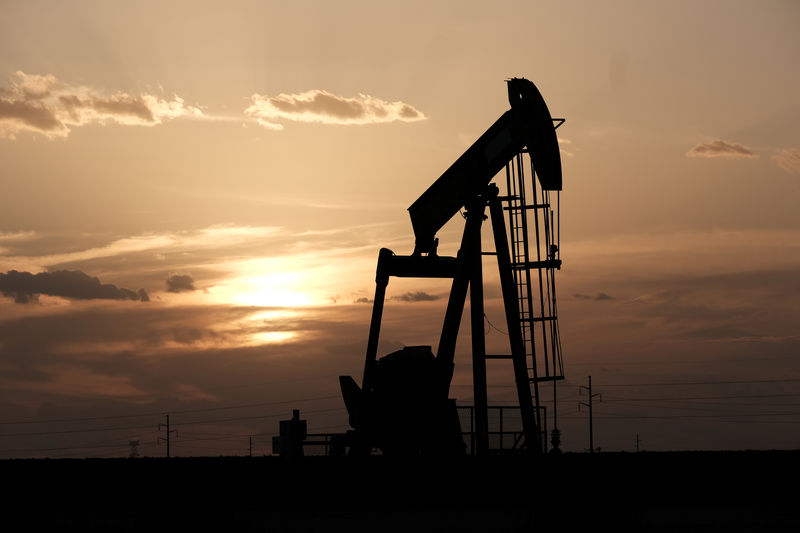TOKYO (Reuters) - Oil rose on Monday after a Saudi official said there would be no change in Saudi Arabia's OPEC policy as Prince Abdulaziz bin Salman was made the new energy minister for the world's biggest crude exporter over the weekend.
Prices were heading for a fourth day of gains and were also supported by comments from United Arab Emirates energy minister saying OPEC and its allies are committed to balancing the crude market.
Global benchmark Brent (LCOc1) was up 7 cents at $61.61 a barrel by 0106 GMT, while U.S. West Texas Intermediate was 20 cents, or 0.3%, higher at $56.72 a barrel.
"There is no shift in Saudi oil and OPEC policy. Prince Abdulaziz will work on strengthening cooperation among OPEC and non-OPEC," a Saudi official said on Sunday.
Saudi Arabia's king appointed his son, Prince Abdulaziz bin Salman, as energy minister on Sunday, replacing Khalid al-Falih and for the first time handing the portfolio to a member of the royal family.
Prince Abdulaziz has been a longstanding member of the Saudi delegation to the Organization of the Petroleum Exporting Countries (OPEC).
He helped to negotiate the current agreement between OPEC and non-OPEC countries including Russia, a group known as OPEC+, to cut global crude supply to support prices and balance the market.
UAE's Minister of Energy and Industry Suhail al-Mazrouei said on Sunday that members of OPEC and non-OPEC producers are "committed" to achieving oil market balance.
Asked about possible deeper production cuts, the minister told a news conference in Abu Dhabi that he was not concerned about current oil prices, rather the level of oil inventories.
Trade and geopolitical tensions are affecting the market more than demand and supply, Mazrouei said, but he was quick to rule out hasty steps influenced by the trade war between the United States and China.
"The fear of slower (oil) demand is only going to happen if that tension is escalating and I am personally hopeful that is not the case," Mazrouei told Reuters later on Sunday.
